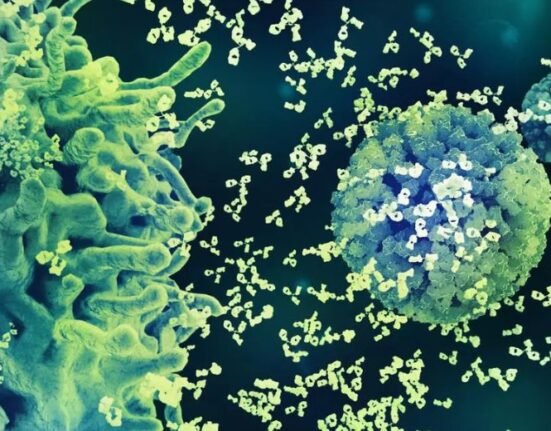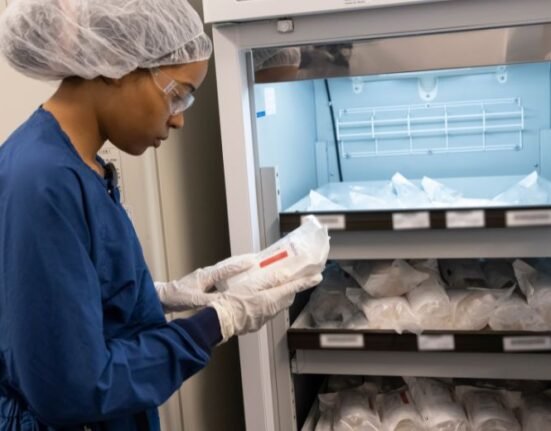HQ Team
October 30, 2024: GSK Plc., will pay China’s privately-held Chimagen Biosciences $300 million upfront to develop and commercialise a T-cell engager to treat autoimmune diseases.
T-cell engagers are laboratory-made substances that help the immune system identify and eliminate cancer cells. The Shangai-based company’s monoclonal investigational antibody CMG1A46 is meant to treat cancer.
GSK stated that the T cell engager has the potential to deeply deplete uncontrolled B cells present in autoimmune diseases such as lupus.
Chimagen will be eligible for milestone payments for CMG1A46 totalling $550 million, according to a GSK statement.
Lupus manifestations
This agreement underscores the importance of novel therapeutic approaches to address the heterogeneity of lupus manifestations and the continued burden, particularly in patients who suffer from severe disease and are refractory to the current standard of care, according to the statement.
Lupus is a chronic autoimmune disease where the immune system mistakenly attacks the body’s tissues, leading to inflammation and damage in various organs.
The most common form of lupus is systemic lupus erythematosus (SLE), which can affect multiple systems in the body, including the skin, joints, kidneys, and heart.
The exact cause of lupus is not fully known but is believed to involve a combination of genetic, hormonal, and environmental factors. Symptoms include fatigue, skin rashes, particularly a butterfly-shaped rash across the cheeks and nose, fever, hair loss, mouth ulcers and sensitivity to sunlight.
B cell-driven diseases
“Through our work in systemic lupus erythematosus and lupus nephritis, we increasingly understand the underlying drivers of B cell-driven diseases,” said Tony Wood, Chief Scientific Officer of GSK.
“As a novel therapeutic option directed at deep B cell depletion, CMG1A46 offers exciting potential which we are pleased to take forward to address unmet need in lupus and related autoimmune conditions.”
A clinical-stage dual CD19 and CD20-targeted T cell-engager is a promising therapeutic approach designed to treat B-cell malignancies, including non-Hodgkin lymphoma.
This strategy combines the targeting of two important B-cell markers—CD19 and CD20—using bispecific chimeric antigen receptor (CAR) T-cell therapy.
B cell depletion
CD20 is an established target in the treatment of autoimmune diseases and there is growing clinical evidence that CD19 shows promise as a differentiated therapeutic approach given its presence on more B cell types, according to the GSK statement.
In preclinical studies, CMG1A46, designed to target both CD19 and CD20, has shown rapid, deep B cell depletion both in the bloodstream and in tissues, which could lead to more durable responses in patients.
“This agreement provides further validation of our proprietary T cell-engager platform, and we are eager to continue our mission of developing novel multi-specific antibody therapeutics,” said Zhenhao Zhou, Chief Executive Officer of Chimagen.
CMG1A46 is currently in phase I clinical trials in leukaemia and lymphoma in both the US and China. GSK aims to begin a Phase I trial in lupus in 2025.
A therapy known as IMPT-514 has received Fast Track designation from the Food and Drug Administration, indicating its promise for treating active refractory lupus nephritis and SLE.








